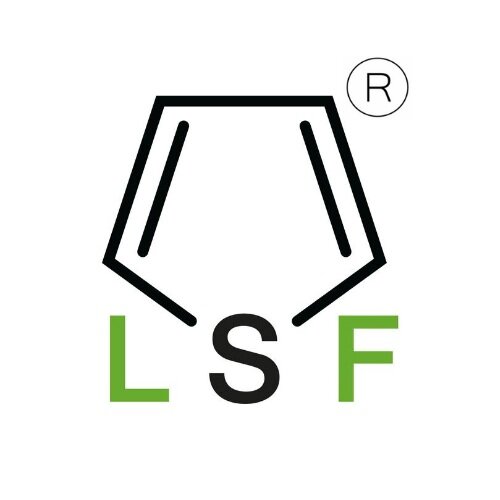Business and the environment
Multiple Feedstock Compatibility
As industrial and consumer market sectors are faced with ever-tightening environmental legislation and increasing public concern they need to be taking steps to change their business model. These companies will require advanced, environmentally focussed technologies that will reduce CO₂ emissions as well as recovering value from used input or feedstock materials. This can also improve operating economics and substantially enhance their public image and license to operate.
By removing the hazardous contaminants from these used feedstocks, we are able to produce clean, low sulphur distillate that is able to meet refinery specifications. LSF has a lower energy consumption and lower emissions than refineries typically incur when processing crude hydrocarbons to produce distillates and naphtha.
Our Fast Electrochemical Process (FEP) does not use hydrogen, high temperatures or high pressures, resulting in:
lower emissions - strong improvements for the environment
lower costs - strong improvements in profit margin
LSF’s is currently focusing on the three specific feedstock markets:
Used oils – private / commercial vehicle and marine gearbox oil, lube, and engine oil
End-of-Life (EOL) used rubber tyres and other rubber streams
Used post mechanically sorted plastics.
The current total addressable markets for these feedstock is globally dispersed and significant and is as follows:
Producing Multiple Outputs
The FEP process can recover the hydrocarbon content from EOL rubber tyres and produce a highly saturated distillate, low in contaminants. It is also possible to produce a middle distillate or refinery feedstock from certain grades of rubber tyre.
When LSF processes end of life rubber tyres we also produce a raw carbon black (rCB) that has been assessed and is suitable for use in a number of OEM rubber manufacturing processes and potentially also in new rubber tyres.
When LSF processes used, post mechanically sorted plastics, in line with EU EPR rules, we produce a broad range Naphtha, typically to Platts PAAAL0X specification, or better.
The current total addressable markets for these valuable recovered outputs is globally dispersed and significant:




